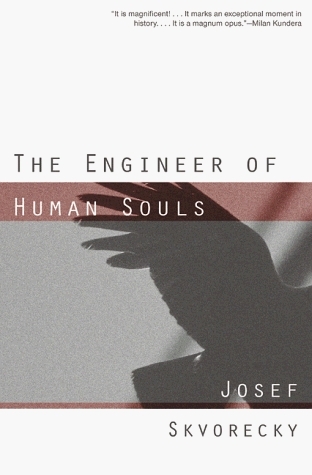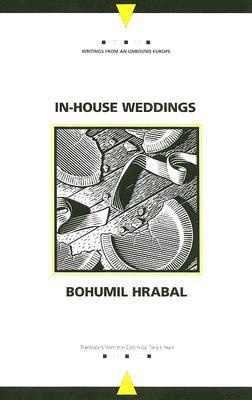
Engineer of Human Souls
Book Description
In a world where the lines between art, politics, and personal identity blur, a spirited young Czech seeks to navigate the tumultuous waters of post-war Prague. Grappling with his passion for writing and the oppressive weight of totalitarian scrutiny, he forms intense bonds with an eclectic group of misfits and rebels, each harboring hidden agendas. As friendships fracture and the hunt for true freedom intensifies, every decision carries life-altering consequences. Will he find his voice before it’s silenced forever? In a landscape where souls are engineered, what does it truly mean to be free?
Quick Book Summary
"Engineer of Human Souls" by Josef Škvorecký is a richly layered novel that explores the life of Danny Smiricky, an exiled Czech writer and professor in Canada as he reflects on his youth in communist Czechoslovakia. Blending sharp satire and poignant nostalgia, Škvorecký delves into themes of exile, the burden of totalitarian memories, and the enduring quest for intellectual and personal freedom. Through Danny's relationships with colleagues, students, and fellow émigrés, the novel dissects the absurdities of political oppression and the resilience of the creative spirit. Škvorecký humorously and incisively portrays the challenges of maintaining one’s identity across different cultures, as Danny’s memories of Prague intertwine with his present in North America. The result is a profound meditation on history, identity, and the power of storytelling in the face of adversity.
Summary of Key Ideas
Table of Contents
Exile and the Search for Identity
Danny Smiricky, the narrator, is a Czech émigré professor teaching literature in Canada, navigating the challenges of exile while haunted by his experiences in communist Czechoslovakia. As he acclimates to Canadian academic life, Danny is confronted with both nostalgia for his homeland and the sometimes bewildering complexities of North American culture. His day-to-day interactions with students and colleagues reveal the subtle tensions and misunderstandings that arise from cultural displacement, as he oscillates between longing for the past and accepting his new identity.
Art, Censorship, and Political Oppression
A core theme of the novel is the power—and peril—of the written word under a totalitarian regime. Danny’s youthful passion for literature comes into conflict with party censorship and ideological control, reflecting the dilemma of artists striving for authenticity under surveillance. The novel oscillates between Danny’s past and present, as flashbacks to Prague reveal the suffocating effects of political conformity, betrayals among friends, and the personal costs of creative resistance. Art and irony become tools for survival, allowing characters to assert their individuality amid pressure to conform.
Memory and the Weight of the Past
Memory weaves throughout the narrative, as Danny reminisces about formative friendships, love affairs, and episodes of rebellion. These memories are colored by regret, affection, and a persistent questioning of the past’s meaning. Škvorecký deftly explores how trauma and nostalgia shape identity, demonstrating that exile is as much a psychological condition as it is a geographical one. The stories Danny tells—to himself and others—serve as both a shield from pain and a means of constructing meaning out of chaotic history.
Irony, Satire, and the Absurdities of Ideology
The novel’s humor and satirical tone provide a counterpoint to its darker themes. Through irony and comic exaggeration, Škvorecký exposes the absurdities of ideological dogma and the sometimes farcical behavior of both oppressors and the oppressed. Danny’s observations on the foibles of colleagues, the bureaucracy of academia, and the performance of politics underscore the universality of human folly, whether in Prague or Toronto. This wry perspective allows the narrative to interrogate complex issues while remaining accessible and engaging.
Cross-Cultural Encounters and Adaptation
Ultimately, "Engineer of Human Souls" meditates on adaptation and transformation. Danny’s journey highlights the ways in which individuals regenerate in new environments, forging unexpected connections and reevaluating their values. The novel suggests that despite displacement and trauma, the pursuit of freedom—artistic, intellectual, and personal—remains possible through storytelling and human connection. In tracing Danny’s path between worlds, Škvorecký offers a hopeful vision of resilience and reinvention.
Download This Summary
Get a free PDF of this summary instantly — no email required.





